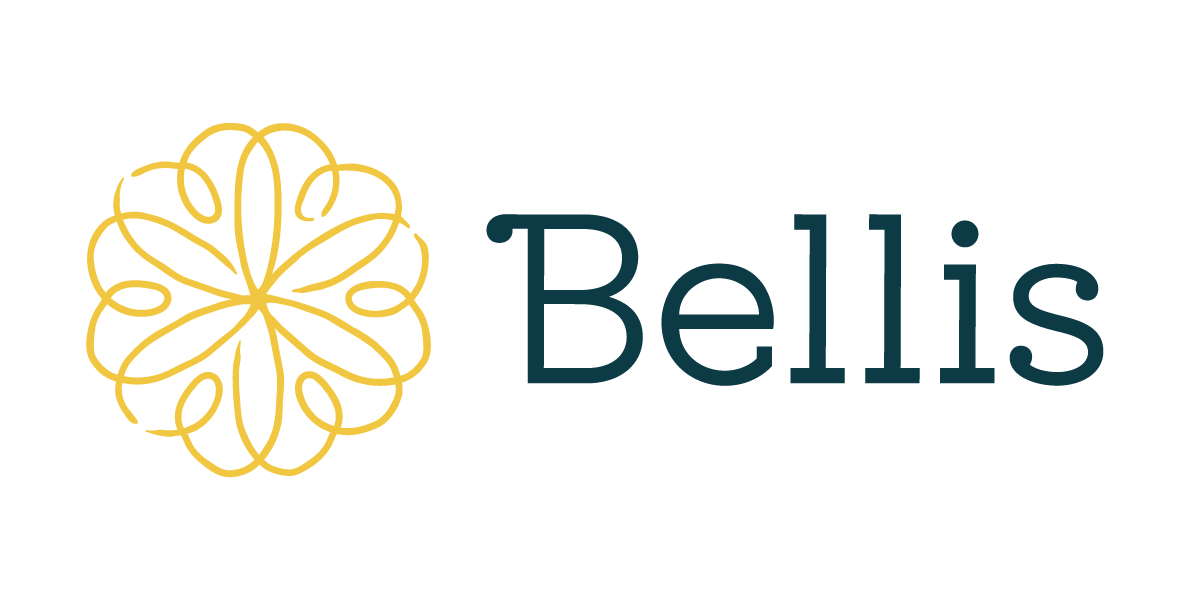
Stronger Together Peer Support Model™
What is the Stronger Together Peer Support Model™
Expert-led, peer-based support (which is similar to a gathering of friends vs. a therapy session) can be one of the most effective ways to learn to manage ambiguous loss, such as grieving a child who is parented by someone else. You can expect:
A conversation with others who have a similar experience. They “get it” in a way that family, friends and coworkers may not.
To gain perspectives you may not have considered but are helpful for your journey. Fellow group participants bring a range of opinions and experiences, which are all honored equally.
Caring licensed professionals who gently guide the conversation, answer questions, suggest resources (including understanding legal rights), and ensure the time together is emotionally safe for all.
A focus on sharing stories in a way that offers acceptance and validation.
Laughter and tears, with no judgment, seeing each participant as both teacher and student.
A place where your faith journey is respected but not central to the group conversation.
Benefits of the Stronger Together Peer Support Model™
Participants in Bellis support groups often report feeling more calm and supported, and less alone and ashamed. They are more able to make meaning of their grief and manage it daily. These benefits can lead to a clearer sense of self-worth, self-care, and self-advocacy, potentially improving the individual’s life, family interactions, employment, and other important factors.
Is Bellis Peer Support for Everyone?
No. Peer support can be highly effective, but it is not right for everyone and is not a substitute for targeted services, including one-on-one work with a trained therapist. Bellis facilitators are protective of the emotional health of the entire group.
Examples of Behaviors That Won’t Work
Because emotions can be so raw and difficult, it’s often impossible for the participant to be self-aware of any challenges she creates for the rest of the group. The following behaviors can detract from group’s emotional safety and will be addressed directly.
Dominating the group’s time together with their own story instead of sharing time to listen to others.
Using highly charged language that can activate painful feelings for other participants.
Consistently offering unsolicited advice to others.
Engaging in disrespectful, rude, or intentionally untruthful interactions with Bellis facilitators, program participants, or staff.
Holding an assumption that discussions should mirror a participant’s personal religious or political beliefs.
If asked to step away from the group, participants will be offered resources for targeted support (mental health, addiction, etc.) and a suggested plan for rejoining the group later or in tandem with regular therapy.


